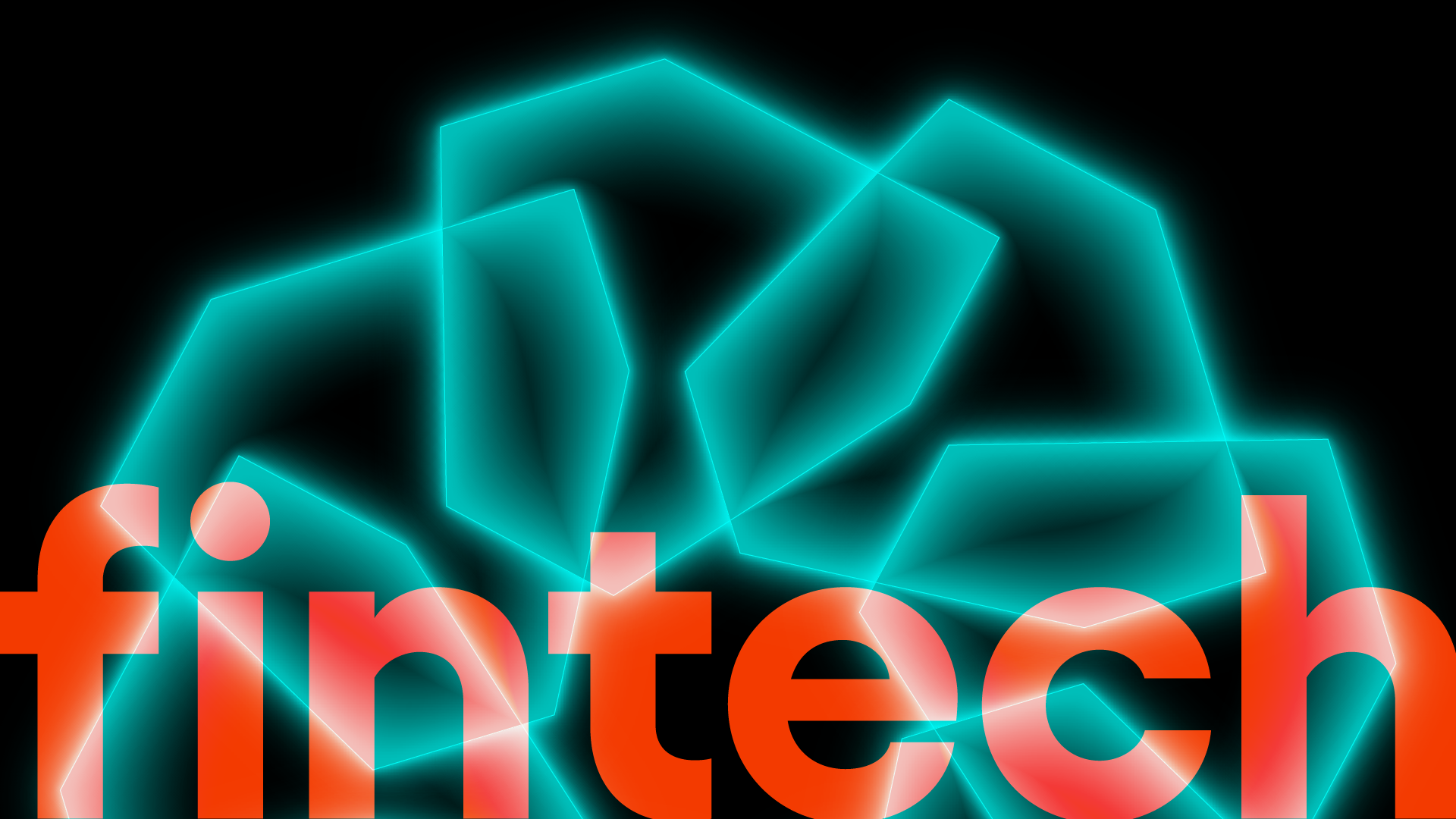Among the fintech’s finest – #TeamSpeednet at Money 20/20 in Amsterdam


In the first half of 2022, Speednet’s conference activity was oriented towards fintech. Our Sales department participated in 5 financial technology industry meetings: Nordic Fintech Summit in Helsinki, FTT Lending 3.0 in London, STHLM Fintech Week in Stockholm, Accountex in London, and Money 20/20 in Amsterdam.
The last of these events made the greatest impression on us by far. Money 20/20 is one of the largest fintech conferences in the world, which gives the opportunity to present themselves to representatives of all sectors of financial technology. The number of exhibitors and discussion panels is simply overwhelming. The cross-section of issues discussed during presentations and interviews was extremely wide – below you will find an overview of those that were of particular interest to us.
Embedded-finance at Money 20/20
This solution enables e-commerce companies to offer loans to their customers without leaving the platform they are currently shopping on. Embedded payments increase consumers’ access to financial funds. A key feature of embedded finance is the “buy now, pay later” (BNPL) option. Research shows that this solution is particularly popular among young people under 30 – the demographic group most susceptible to behavioral changes caused by modern technologies.
The installment payment itself is nothing new. However, making it as easy and convenient as possible by using new technologies truly brings exceptional quality to the table. Still, this solution has its drawbacks – an increase in compulsive buying tendencies and consumer debt in the economy.
Cross-border e-commerce
The aftermath of the COVID-19 pandemic is a change in the way people shop online and the fast development of e-commerce. Previously, e-commerce at the international level was mainly handled by big players such as Amazon. Now, medium and small businesses starting to appear in this area more and more often. Their further growth will be determined by their providing access to convenient and straightforward payments; fast, easy, intuitive, and consumer-centric, no matter where the order is placed.
Fintech Super Apps
These are multifunctional apps dedicated to mobile devices, creating an ecosystem of mini-apps from different companies and catering to different needs. As strange as it may sound, super apps are “applications of applications”. They offer wide and varied packages of services and products on a single platform. These services include transportation, retail, food delivery, banking, or broadly understood entertainment. Super Apps such as WeChat and Alipay already exist in the Chinese market, as does Tinkoff in the Russian market. The PayPal platform has such aspirations for the American market.
The natural consequence of the existence of such technology platforms will be that they will offer fintech services, e.g. payments, online exchange services, wealth management, InsureTech and others.
Artificial Intelligence / Machine Learning in the service of financial institutions
From traditional institutions implementing “robo-advisors” to sophisticated algorithms that assess a credit applicant’s risk, fintech companies will continue to expand their use of artificial intelligence and machine learning. AI helps predict consumer behavior and enables targeted product recommendations to improve customer experience (CX), automated cross-selling, and up-selling.
Artificial intelligence also saves companies time and effort by handling frequently asked customer questions via chatbots. This allows employees to focus on higher-level tasks and customer service needs.
Web3
Currently, the platforms or web applications on which content is published are owned by giants such as Google and Facebook. The essence of Web3 is to replace centralized servers with a distributed network of computers. The key is to change the architecture of the Internet and base it on blockchain technology. Thanks to that the owners of the content posted on the web will be the creators of this very content and not the platforms on which it is posted.
The Web3 project is closely related to the concept of decentralized finance (DeFi), which allows transactions to be made without banking and government institutions. It will also have a significant impact on the cryptocurrency market and its further development.
Blockchain – the evolution of financial data
In other words, a blockchain is a chain of blocks linked together using cryptography, allowing for the storage and transmission of transactions concluded on the Internet. Blockchain can be treated as a digital version of a ledger, where various types of transactions are recorded, including those involving the purchase and sale of cryptocurrencies. It gives unprecedented security to all parties to a transaction, especially in terms of identity management. Blockchain is also a milestone for Web3 technology.
Neobanking
When writing about modern fintech, one cannot ignore the phenomenon of neobanking, strongly present in the industry (e.g. Revolut). Fintech itself could reach its full development thanks to three factors: the Internet, smartphones, and the financial crash of 2008. The latter event initiated a whole cascade of changes that have brought us to where we are today – not only on a technological level.
With the collapse of Lehman Brothers and the bailout of other top-tier financial institutions, the regulatory environment for the sector changed, limiting the ability of traditional banks to grant loans, while the demand for money among individual consumers remained. This has created a space for companies offering services previously reserved for regular banks only. What is more, these fintech companies, in contrast to the mentioned banks, assumed that offering a wide range of products on a “one size fits all” basis does nothing to improve the attractiveness of the offer.
Neobanking – financial institution redefined
Instead, they focused on narrow specialization and creating the highest possible quality in given niches, such as e.g. international payments, investment portfolios, or loans. This phenomenon was called the “unbundling of banks”. This meant breaking down the mentioned banks’ offerings into their constituent parts, focusing on one product or even one aspect of it, maximizing customization for target market segments, and creating competitive advantages in narrow areas. The “one size fits all” philosophy was replaced by the “best-in-class” one. This trend, characteristic of the second decade of the 21st century, also began to lead to a re-consolidation of these services by a new category of fintechs called neobanks.
Neobanks are “digital-first” and put a strong emphasis on customer experience – much stronger than traditional banks (the so-called incumbent banks). Going beyond the narrow specialization typical of other fintechs, they offer a wider range of financial products (so-called rebundling), but not as extensive as traditional banks and megabanks. American Simple and Moven are considered to be the first organizations of this type. Currently, the biggest personal finance players in this market are Chime, NuBank, Revolut, and the mentioned earlier Tinkoff. Neobanks are also heavily oriented towards technological development, which does not mean that they own the entire technology stack they fund themselves on. They often enter into partnerships with companies specializing in such financial products that are essential to the business models of the given neobanks.
Neobanking – what else?
The establishment and development of neobanks also had a significant socio-economic dimension: thanks to proper data analysis, they can reach with their offer to people previously excluded from the financial services market due to low credit scoring. It is the appropriate segmentation of target markets and the ability to make up an offer tailored to the specific needs that have been the flywheel of neobanking’s success. It has also been the source of success for the entire fintech industry, for which user needs and satisfaction have been a focal point from its very beginning.
Speednet at Money 20/20 – fintech experts and partners
Although it may sound like a marketing cliche, the Money 20/20 conference is a truly unique event. These three days in Amsterdam at Money 20/20 allowed us to have direct contact and exchange of knowledge with the largest and most influential players in the fintech market. Thanks to the sum of the experiences gained from this and every other conference, #TeamSpeednet is becoming a team of better and better specialists.
We are well aware that everything related to new financial technologies can be overwhelming and complicated. However, this does not have to be the case if you have a suitably experienced guide and partner in the project. Find out more about Speednet’s experience in the fintech area and check our previous projects – from applications for start-ups to complex, modern banking platforms.
If you want to build a team of developers or create a product from scratch – answer a few questions and we will get back to you with all the information you need.
Also, if you want to just casually talk about your project or you are simply curious about how we work at Speednet – go to the bottom of the page and click the orange “Contact us” button ⬇️. Looking forward to hearing from you! 😉




